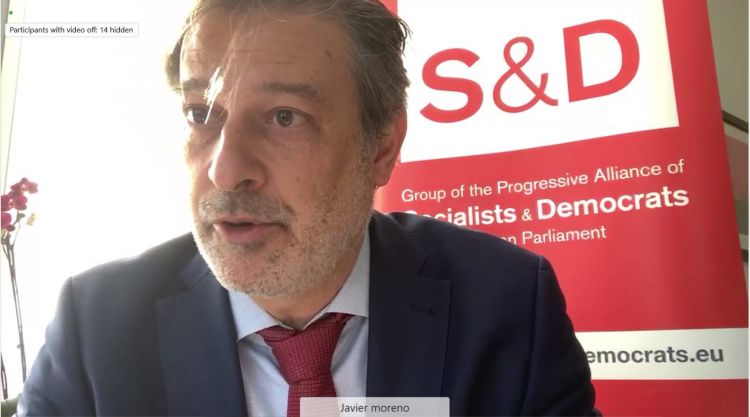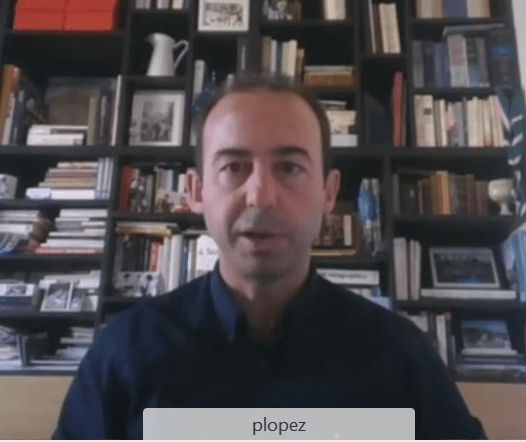Online breakfast debate with Cristina Lobillo Borrero, Head of Energy Policy at DG ENER
Last Thursday 10 February 2022, the Official Spanish Chamber of Commerce in Belgium and Luxembourg organised a new virtual breakfast-debate within the cycle “Business Circle”, a meeting platform between Spanish companies and representatives in the European institutions. Cristina Lobillo Borrero, Director of Energy Policy at DG ENER of the European Commission, participated in the debate.
The President of the Chamber and moderator of the event, Pablo López Álvarez, welcomed and briefly introduced the speaker, summarising her professional career. He also thanked all the attendees for their presence.
This was followed by Eva Chamizo, Director of European Affairs and Iberdrola’s Brussels office. In her speech, she mentioned the priorities and concerns of her company.
Cristina Lobillo began her speech by summarising the current situation in the energy sector and the temporary pressure on energy prices. She also gave an introduction to the awareness and investment process that the European Commission is currently considering.
The energy transition and cooperation between countries were the main themes of his speech throughout his intervention. After the introduction, Lobillo pointed out the current need to defend a diversification strategy, on the basis of which work has been carried out with the USA, given the decrease in the percentage of gas storage in the European Union. In this respect, Lobillo assured that the current measures against this crisis are only transitory, as the Commission has not abandoned, in any case, the priorities and actions to comply with the proposed energy transition.
Finally, Cristina Lobillo spoke about taxonomy, the guide for moving from coal to gas and from there to renewable energies. At this point, she emphasised the three activities that the Commission has identified and which should be the subject of investment.
During the question and answer session, the attendees were able to express their doubts and comments on numerous current issues. The speaker spoke about the efforts and security of supply of EU member states, the existing financing mechanisms for green hydrogen and blue hydrogen, and the countries that are most committed to renewable energies.
The Official Spanish Chamber of Commerce in Belgium and Luxembourg would like to thank Cristina Lobillo Borrero, Iberdrola and all the participants for their participation.

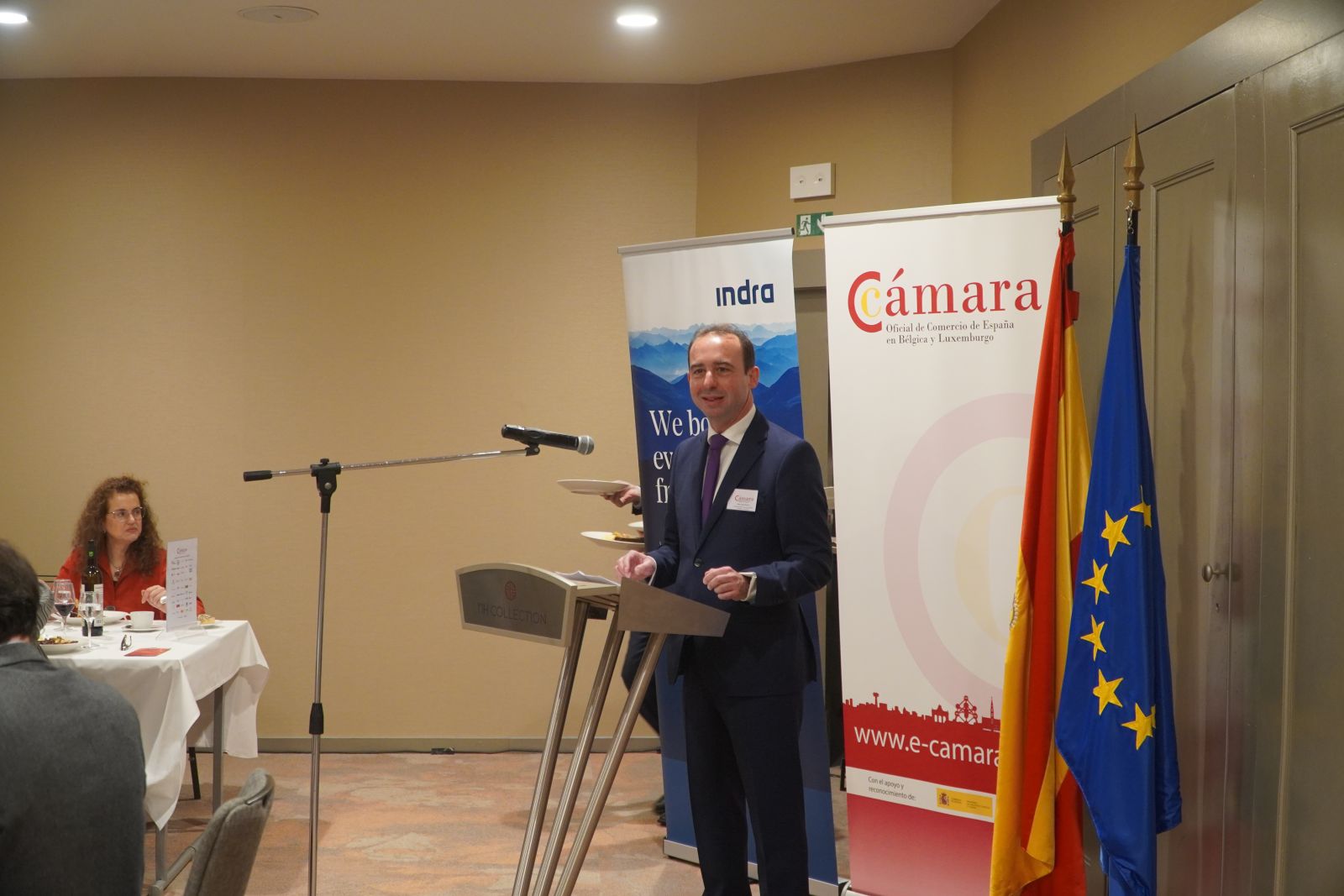 López-Álvarez also introduced David Luengo, Managing Director of Indra in Brussels, and sponsor of the event. Luengo presented his company, an international benchmark in consultancy and technology, and highlighted the current and future importance of technology in European policies, as well as the opportunity that the recovery funds represent for the transformation of Europe. He also emphasised Indra’s determination to lead European projects that provide greater recognition to the company’s products and foster its international expansion, and then gave the floor to Marcos Alonso.
López-Álvarez also introduced David Luengo, Managing Director of Indra in Brussels, and sponsor of the event. Luengo presented his company, an international benchmark in consultancy and technology, and highlighted the current and future importance of technology in European policies, as well as the opportunity that the recovery funds represent for the transformation of Europe. He also emphasised Indra’s determination to lead European projects that provide greater recognition to the company’s products and foster its international expansion, and then gave the floor to Marcos Alonso.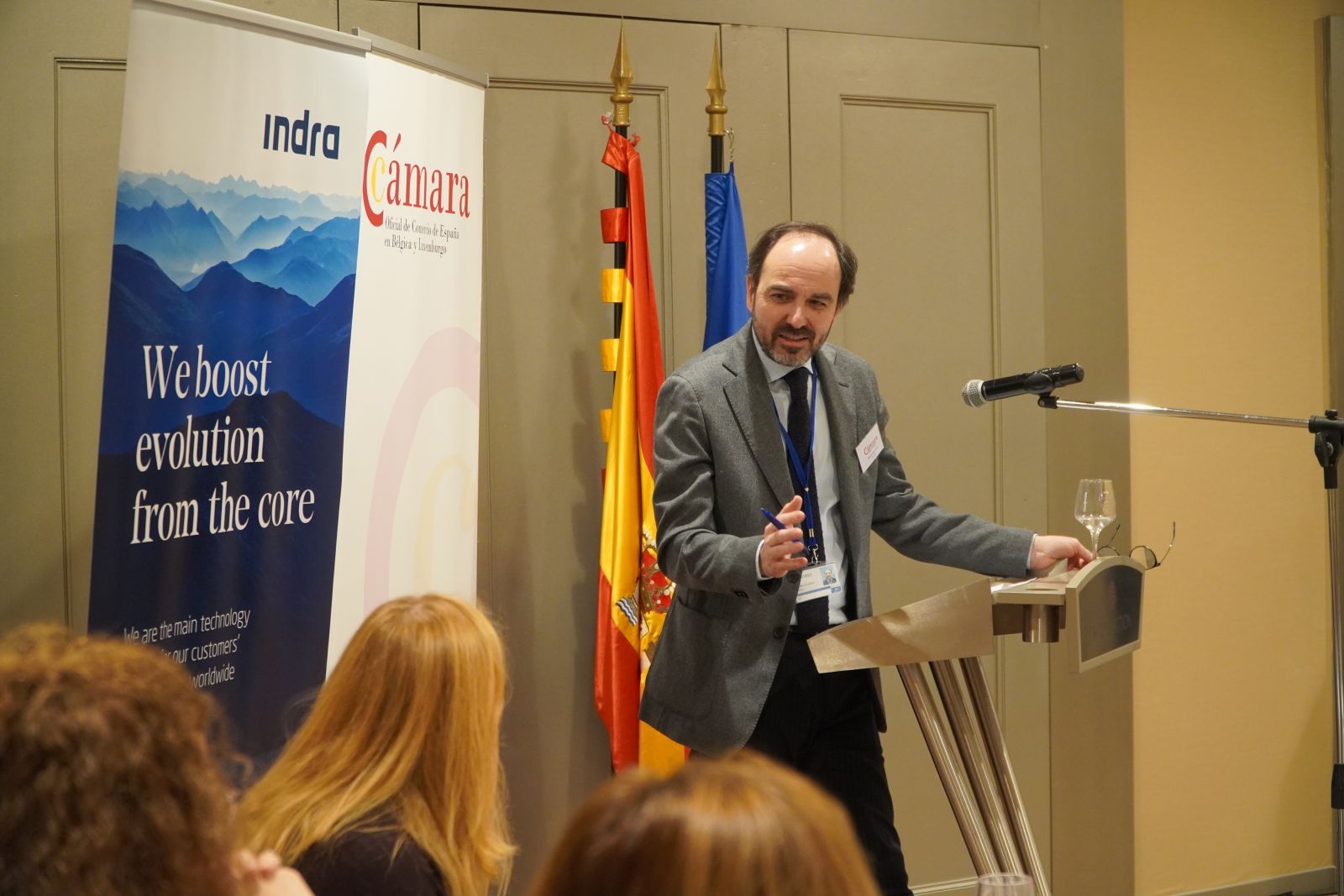 During his speech, Alonso devoted much of his time to explaining the lines of work that will undoubtedly have to be present when Spain is in charge of presiding over the EU Council. Among them, he highlighted the promotion of the Schengen area as a great achievement of all EU members, and the new framework of relations that must be built with the United Kingdom, given its position as a strategic partner of the Union and particularly for Spain.
During his speech, Alonso devoted much of his time to explaining the lines of work that will undoubtedly have to be present when Spain is in charge of presiding over the EU Council. Among them, he highlighted the promotion of the Schengen area as a great achievement of all EU members, and the new framework of relations that must be built with the United Kingdom, given its position as a strategic partner of the Union and particularly for Spain.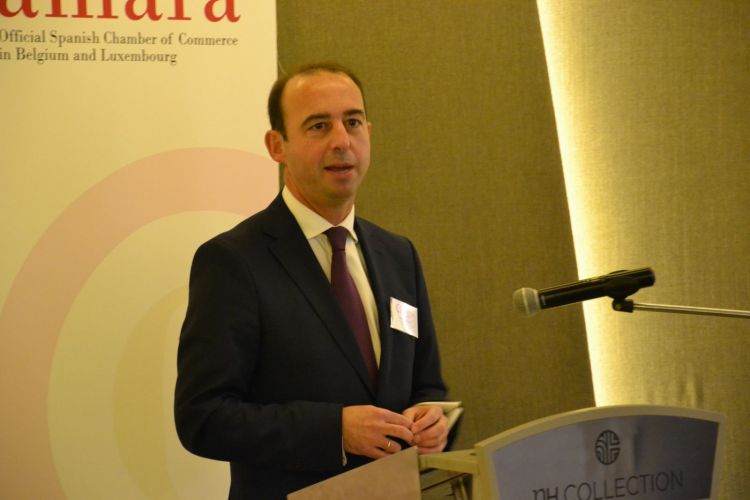
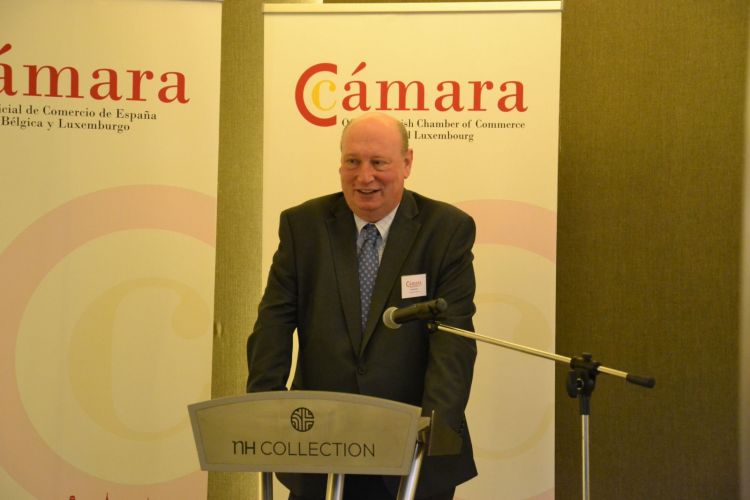 Firstly, Hololei highlighted the EU’s commitment to sustainability and the ecological footprint, which is reflected in new commission policies such as the Green Deal, directly related to the transport and mobility sector. According to Henrik Hololei, transport remains one of the most important sources of air pollution, even exceeding the energy sector. For this reason, the Director General stressed the importance of acting in the context of the climate crisis in which we are living and the need to make every means of transport more sustainable.
Firstly, Hololei highlighted the EU’s commitment to sustainability and the ecological footprint, which is reflected in new commission policies such as the Green Deal, directly related to the transport and mobility sector. According to Henrik Hololei, transport remains one of the most important sources of air pollution, even exceeding the energy sector. For this reason, the Director General stressed the importance of acting in the context of the climate crisis in which we are living and the need to make every means of transport more sustainable.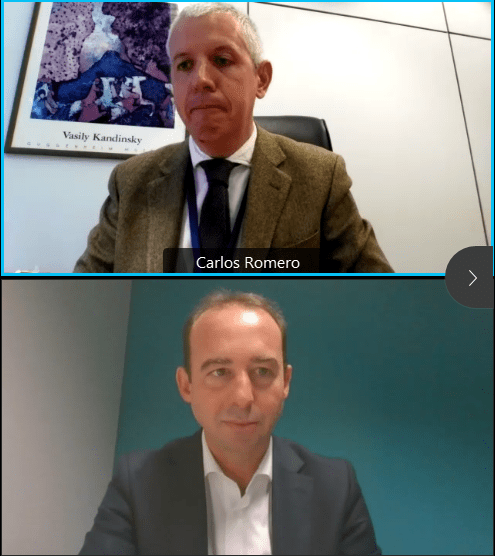
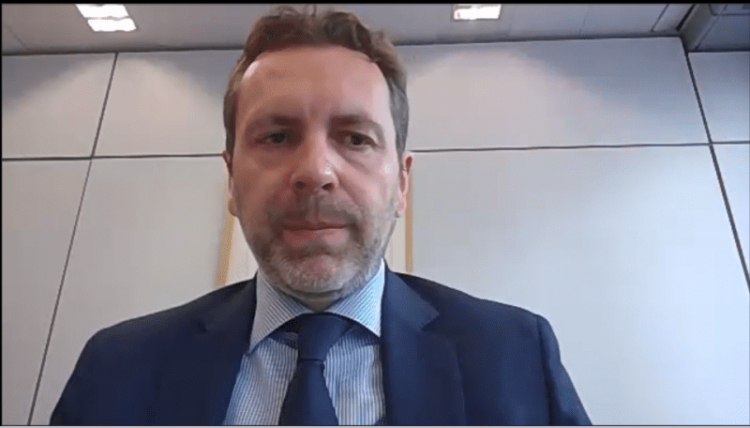
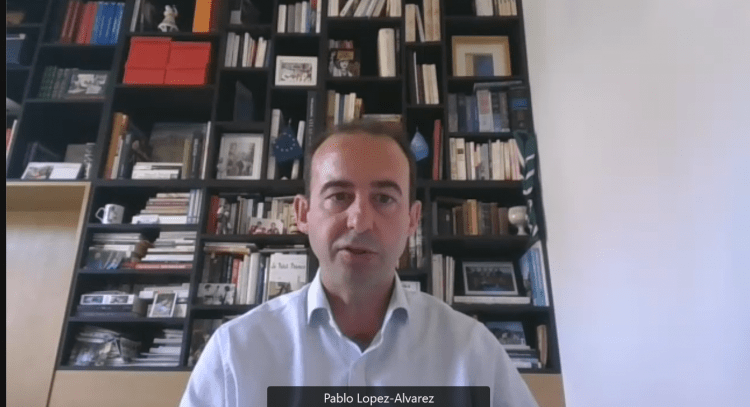 Pablo López Álvarez, Vice-President of the Chamber
Pablo López Álvarez, Vice-President of the Chamber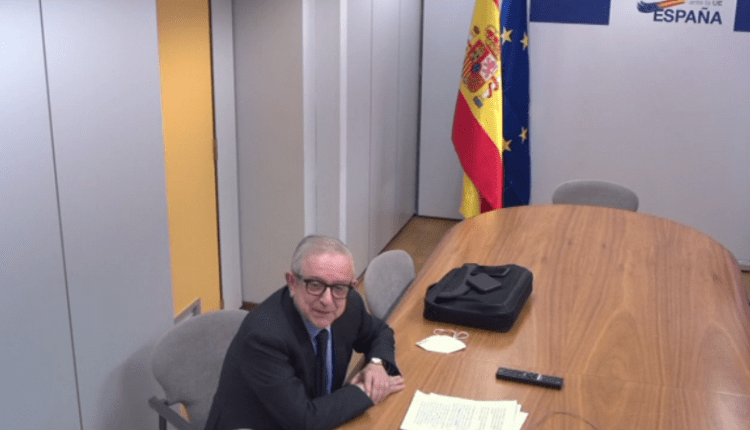
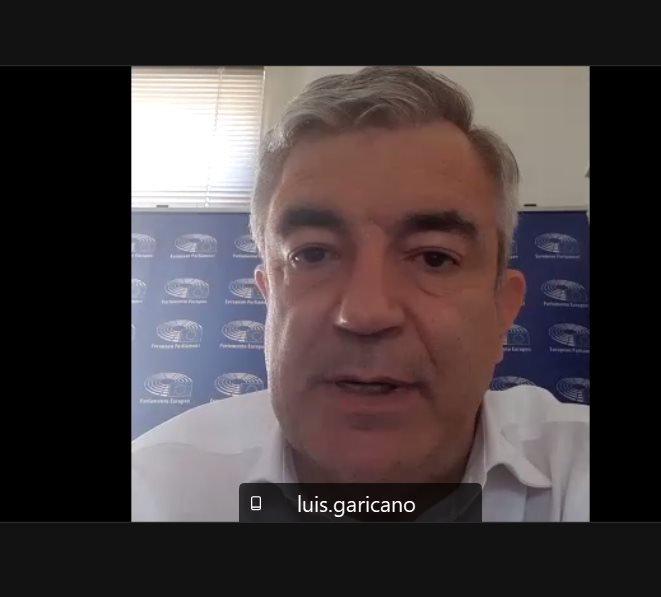 MEP Garicano
MEP Garicano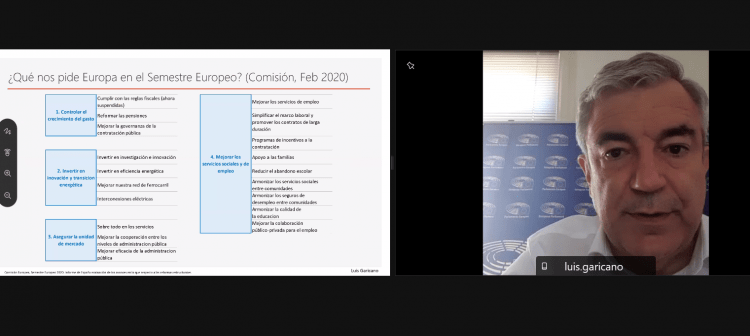
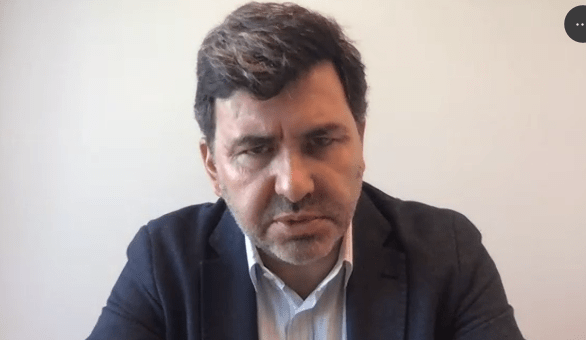
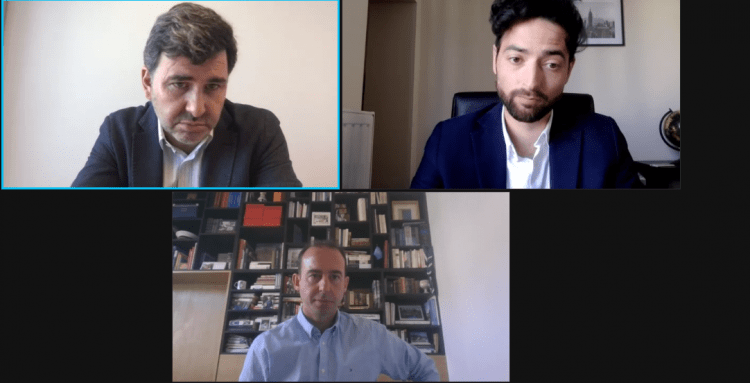
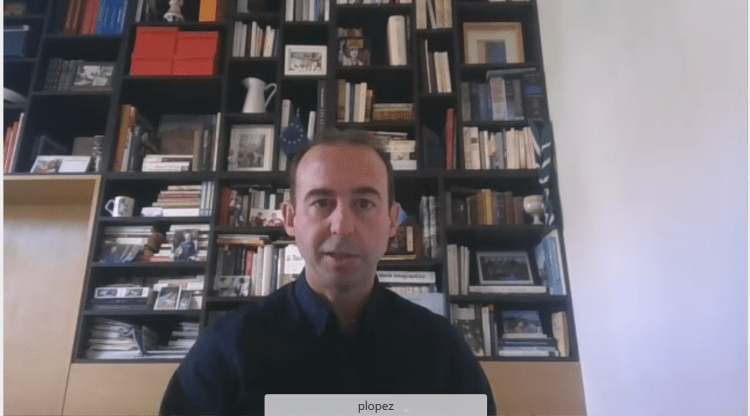 sed in the first place the
sed in the first place the 